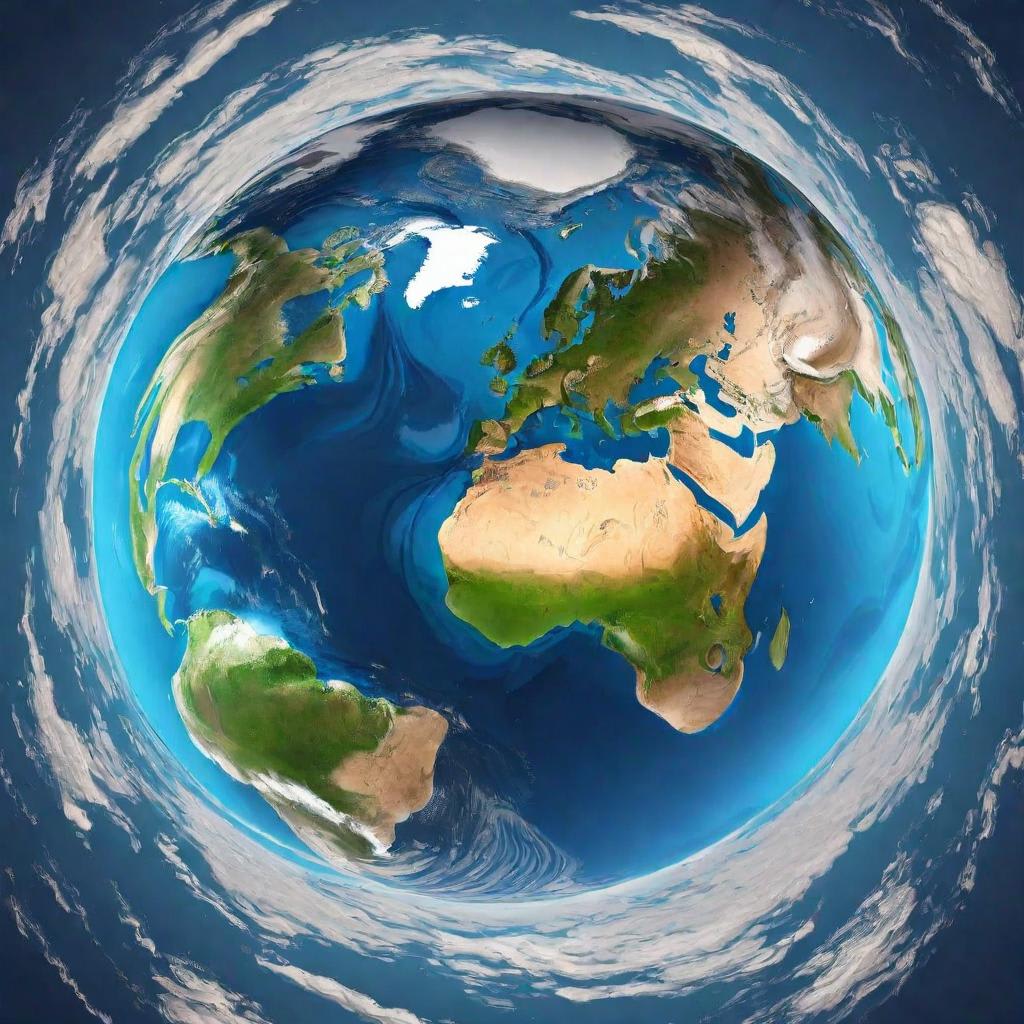What happens if all the ice from earth melts.
Climate change.

The Earth's ice, found in glaciers, ice caps, and polar ice sheets, is a critical component of the planet's climate system and biodiversity. However, the relentless march of climate change threatens to destabilize these frozen reservoirs, leading to widespread melting. What would happen if all the ice on Earth were to melt? In this article, we delve into the potential consequences of such a catastrophic scenario, exploring the environmental, social, and economic impacts of global ice loss.
Environmental Impact:
The melting of Earth's ice would have profound environmental repercussions, altering landscapes, ecosystems, and weather patterns. Coastal regions would bear the brunt of rising sea levels, with low-lying areas submerged beneath the advancing waters. Island nations and coastal cities would face existential threats, forcing millions of people to relocate inland or to higher ground.
Furthermore, the loss of polar ice would disrupt global ocean currents, leading to changes in temperature and precipitation patterns worldwide. The Arctic and Antarctic ecosystems, home to unique species adapted to the extreme conditions, would undergo dramatic transformations, with polar bears, penguins, and other iconic creatures facing habitat loss and dwindling populations.
Additionally, the release of vast quantities of freshwater from melting ice would dilute ocean salinity, impacting marine life and disrupting marine ecosystems. Coral reefs, already under pressure from warming waters and ocean acidification, would face further stress, endangering the delicate balance of life within these biodiversity hotspots.
Social Impact:
The social consequences of global ice loss would be far-reaching, exacerbating existing inequalities and triggering mass displacement and migration. Coastal communities, particularly those in developing countries, would be disproportionately affected by rising sea levels, forced to abandon their homes and livelihoods in search of higher ground.
Furthermore, the loss of freshwater stored in glaciers and ice caps would threaten the water security of billions of people who rely on these sources for drinking water, agriculture, and industry. Competition for dwindling water resources could escalate tensions between nations, leading to conflicts over access to this essential resource.
Moreover, indigenous communities living in the Arctic and other ice-dependent regions would face profound cultural disruptions, as traditional ways of life and knowledge systems are threatened by environmental change. The loss of sea ice, which serves as a vital platform for hunting, fishing, and transportation, would undermine the resilience and adaptability of these marginalized communities.
Economic Impact:
The economic consequences of global ice loss would reverberate across industries and sectors, with far-reaching implications for global markets and economies. The loss of coastal infrastructure and property due to sea-level rise would result in staggering financial losses, estimated in the trillions of dollars.
Furthermore, disruptions to agricultural production caused by changing weather patterns and water scarcity would jeopardize food security and livelihoods, particularly in vulnerable regions already struggling with poverty and hunger. The loss of fisheries and marine ecosystems would further undermine global food systems, exacerbating food insecurity and malnutrition.
Moreover, industries reliant on ice-dependent resources, such as tourism, shipping, and energy production, would face significant challenges and uncertainties in a world without ice. Arctic cruises, once popular for their breathtaking views of polar landscapes and wildlife, would become a relic of the past, replaced by barren seas and receding coastlines.
In conclusion, the melting of all the ice on Earth would have catastrophic consequences for the environment, society, and economy. From rising sea levels and habitat loss to mass displacement and economic upheaval, the impacts of global ice loss will be profound and irreversible. However, it is not too late to take action to mitigate climate change and protect the planet's ice reservoirs. Through concerted efforts to reduce greenhouse gas emissions, promote sustainable development, and adapt to the changing climate, we can safeguard the future of our planet and preserve the beauty and diversity of Earth's icy landscapes for generations to come.





Comments (2)
We already know the answer. It is happening already. Yet people are not paying attention. We will be our own doom. Eye opening article.
Great question! Well written!